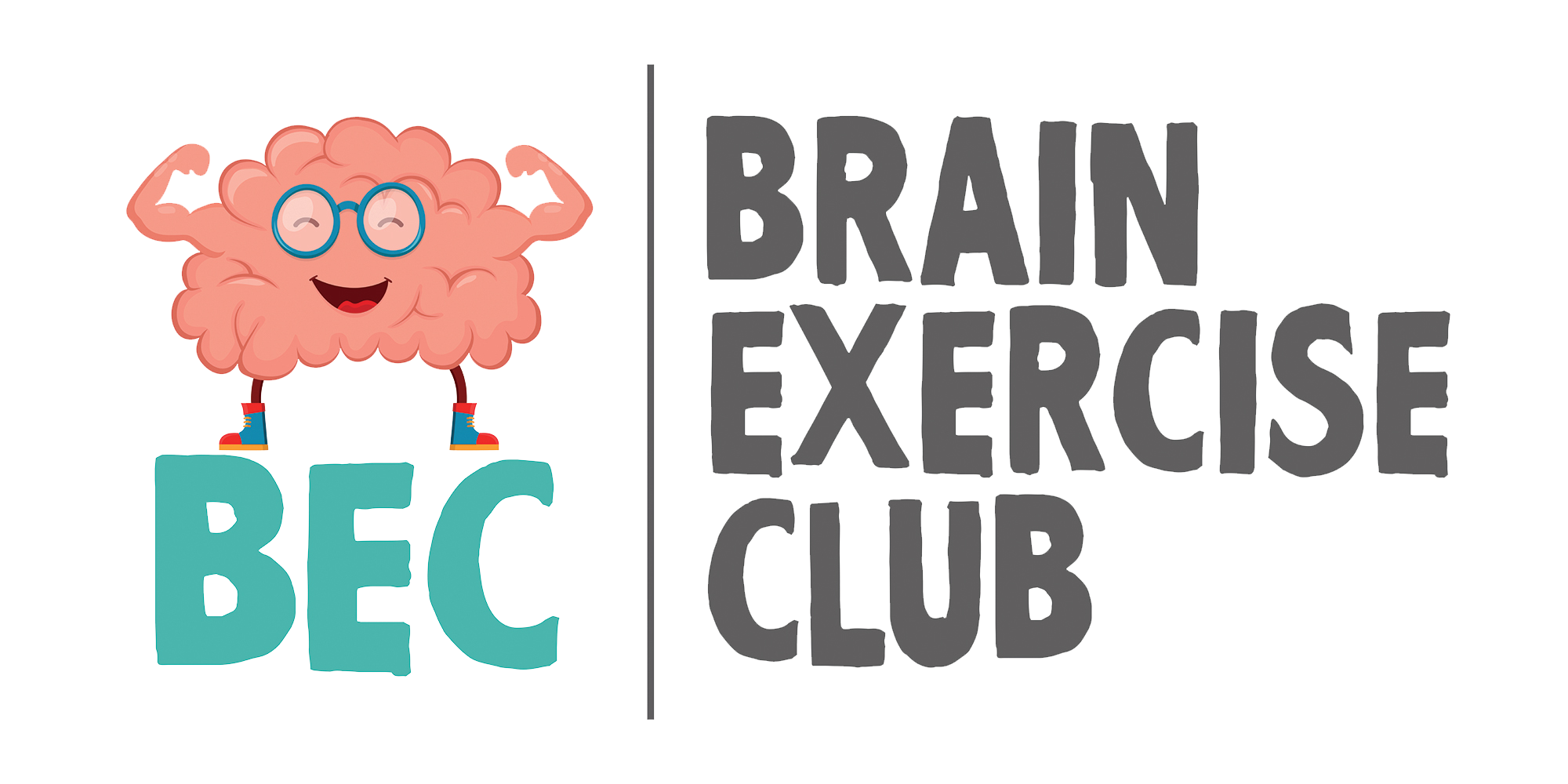
Boost Your Cognitive Abilities: 6 Effective Memory Strategies for Enhanced Intelligence
- Posted by brainexerciseclub
- Categories Articles
- Date September 7, 2023
In the context of enhancing memory and cognitive abilities, when information is encountered and stored as a memory, it provides a single reference point for future retrieval; however, greater mental organization, connection to prior knowledge, and the application of vivid memory strategies result in the creation of numerous “threads” linked to that information, facilitating quicker and more accurate recall. To aid individuals in improving memory, six memory-enhancing techniques are recommended:
1. Divide and Conquer: Instead of attempting to learn a large volume of information in one go, break it down into smaller, meaningful segments. Group similar elements together in your mind and establish connections to prior knowledge. Employ additional memory-enhancing tools to make each piece of information more memorable, making the process of remembering less daunting.
2. Visual Aids: Visualizing information increases the likelihood of retention. Creating vivid mental images that are memorable or humorous can aid in recall. For instance, when trying to remember someone’s name, associate it with a mental image related to their name, making it easier to remember.
3. Mnemonics and Music: Utilizing songs, rhymes, acronyms, and other mnemonic devices can make knowledge more accessible and memorable. These memory aids can be particularly helpful for younger learners, and adults can choose strategies that work best for them.
4. Handwritten Notes: Writing notes by hand is more effective for solidifying new knowledge in memory than typing. Summarizing and processing information in your own words rather than copying verbatim is key to enhancing recall.
5. Establish Associations: The ability to form associations between new information and existing knowledge is crucial for effective memory. Using “pegs” or familiar reference points, such as personal experiences or previously acquired knowledge, can help anchor new information and make it easier to remember.
6. Spaced Repetition: Active self-quizzing at various intervals strengthens the neural connections associated with learning and memory. Rather than passive review, regularly quiz yourself on what you have learned, increasing the time intervals between each quiz to facilitate long-term retention.
It is important to avoid last-minute cramming, as it leads to disorganized and less effective storage of information. Allowing sufficient time for the brain to process and consolidate memories is essential for successful recall.
For individuals seeking to improve memory skills, Brain Exercise Club offers specialized programs tailored to various age groups and memory needs, providing strategies to enhance memory, cognitive speed, and learning efficiency.
You may also like

Essential Skills for Children to Thrive in Kindergarten and Beyond

Positive Reinforcement for the ADHD Brain

